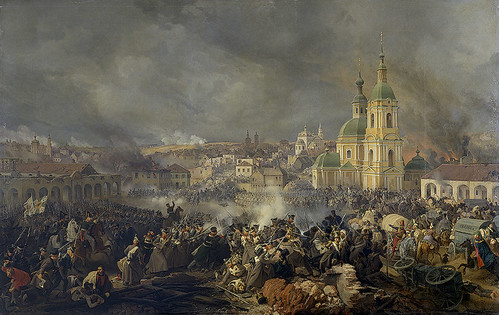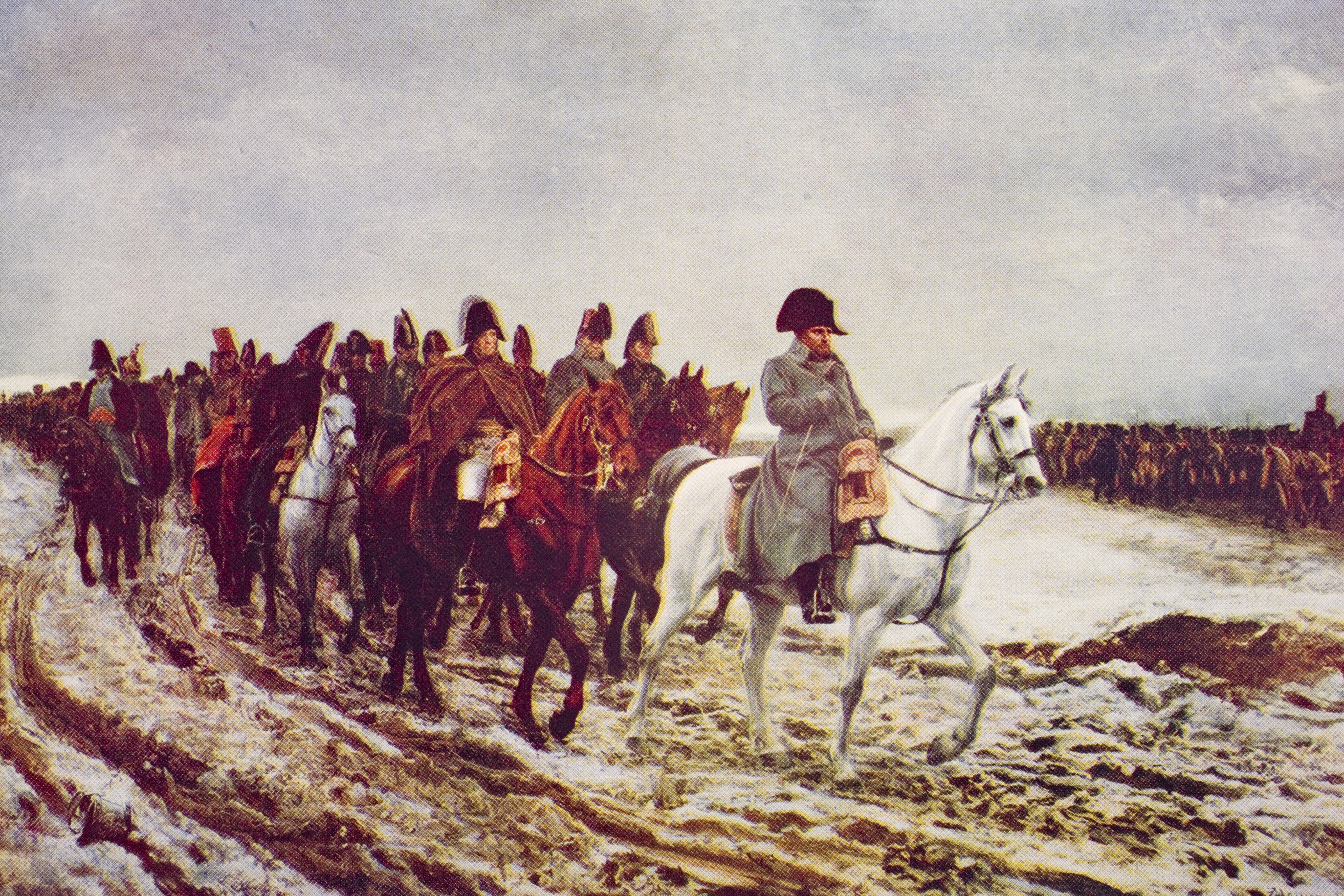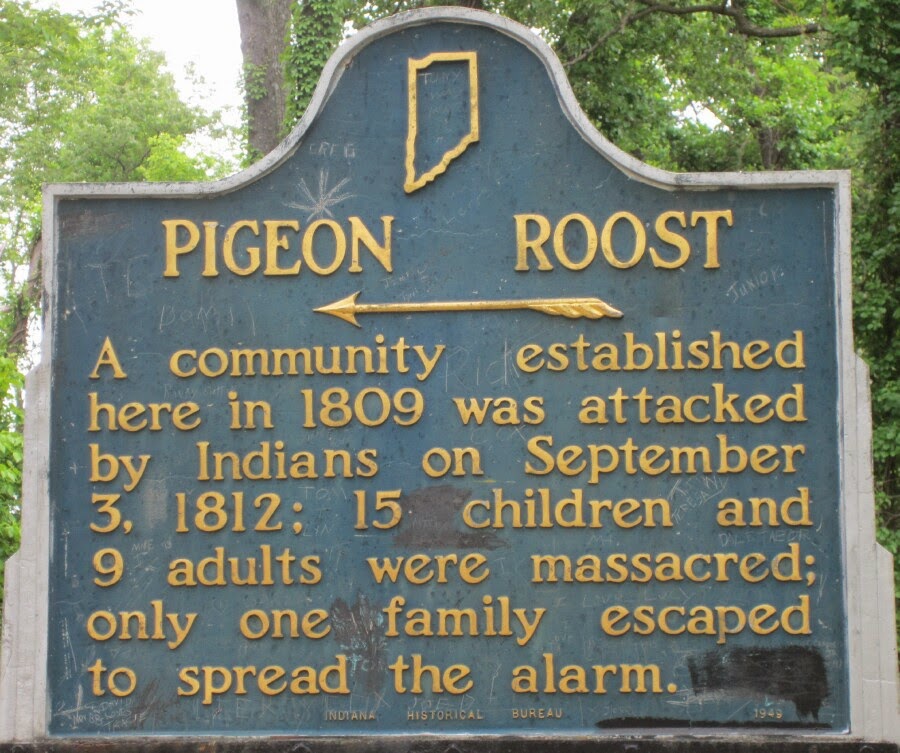The Treaties of Orebro end both the Anglo-Russian and Anglo-Swedish Wars.
The Treaty of Orebro was signed on July 18, 1812, between Sweden and the United Kingdom during the Napoleonic Wars. It was one of the peace treaties that followed the conclusion of the Anglo-Russian War (1812) and the Finnish War (1808-1809).
The treaty aimed to establish peace between the two nations, as well as secure British support for Sweden in the event of any future military aggression from France or its allies. At the time, Sweden was concerned about its territorial integrity and sovereignty, particularly due to the influence of Napoleon Bonaparte’s French Empire in Europe.
One of the main provisions of the treaty was the establishment of the border between Swedish Pomerania and the Kingdom of Prussia. Sweden ceded the town of Stralsund and the island of Rugen to Prussia in exchange for an agreement of British military support in case of any foreign attack on Sweden.




